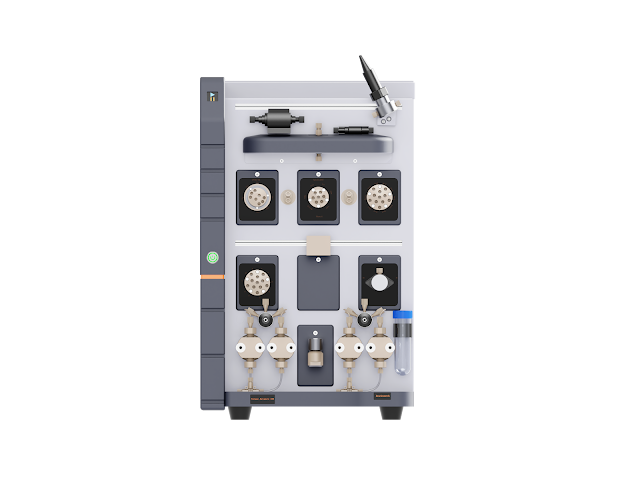Revolutionizing Genetic Research with Oligonucleotide Synthesis and DNA Synthesizers

Oligonucleotide Synthesis is a pivotal process in genetic research and biotechnology. This technique involves the chemical synthesis of short DNA or RNA sequences, which are essential for various applications, including PCR, sequencing, and gene editing. The ability to create specific oligonucleotides has revolutionized molecular biology, allowing scientists to explore and manipulate genetic material with unprecedented precision. This precision has led to significant advancements in understanding genetic diseases and developing targeted therapies. Applications of Oligonucleotide Synthesis The applications of oligonucleotide synthesis are vast and varied. In diagnostic laboratories, synthesized oligonucleotides are used as probes and primers to detect genetic mutations and infectious agents. In therapeutic research, they serve as the foundation for developing antisense oligonucleotides and RNA interference therapies, offering new avenues for treating genetic disorders and di...








